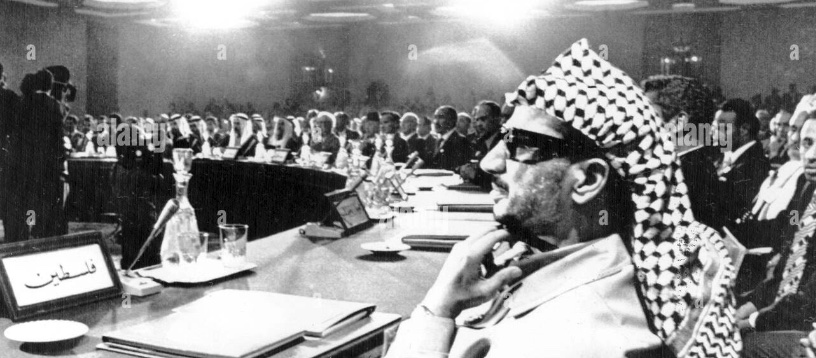(This post was updated at 7:30 am ET on 10/18/2023.)
I was tempted to title this post “Abu Mazen is toast”, but then I thought that wouldn’t be very helpful. The real political challenge for Palestinians right now is not the old age and extreme political infirmity of one ageing leader but rather the need to reimagine and reinvigorate the leadership of their entire national-liberation and national-independence movement.
It was in 1968-69 that, in the aftermath of the Arab states’ defeat at the hands of Israel in 1967, the collection of mostly small, mostly secular Palestinian guerrilla groups that grown up within the Palestinians’ far-flung diasporic communities came together to take over the Palestinian Liberation Organization (PLO), a body that had been created by the Arab League in 1964. (Read all about it in my 1984 book on the PLO.) The largest of those guerrilla groups was Fateh. Fateh’s collective leadership body decided that Yasser Arafat should be the person to head the PLO. The Arab states agreed with that. (In 1970-71, Jordan’s King Hussein launched a harsh crackdown on Palestinian guerrilla activity and organizing that was occurring among the Palestinian refugee populations that then, as now, formed a majority of Jordan’s population. But his crackdown did little to dent the general Arab-state consensus that the PLO was the “sole legitimate representative” of the Palestinians.)
Continue reading “The future governance of Gaza”
